Mayor Commission Wants to Raise Taxes on Brooklyn Brownstones
As the city quietly raises townhouse taxes across Brooklyn, a mayoral commission today released a report proposing to raise raise property taxes even more for all types of residences.

Prospect Lefferts Gardens. Photo by Susan De Vries
As the city quietly raises townhouse taxes across Brooklyn, a mayoral commission today released a report proposing to raise raise property taxes even more for all types of residences. It’s part of an effort to make citywide property tax more fair, according to the report from the New York City Advisory Commission on Property Tax Reform.
The commission proposes abolishing assessed value growth caps but introducing exemptions and caps tied to incomes — but does not specify how this would be determined. Under the proposal, property taxes would increase 20 percent per year.
Worst-case scenario, the way we read it, the proposal could be a giveaway to developers that punishes longtime Brooklyn homeowners, causes Brooklyn townhouse prices to drop, and forces longtime residents, particularly those on fixed incomes, to sell and move out of the area. Even as elected officials say they are doing all they can to help black homeowners stay in their homes, the proposal could cause conditions to deteriorate even further in traditionally black enclaves such as Bed Stuy, Prospect-Lefferts Gardens, Flatbush and East New York, which continue to be devastated by predatory loans, foreclosure and fraud.
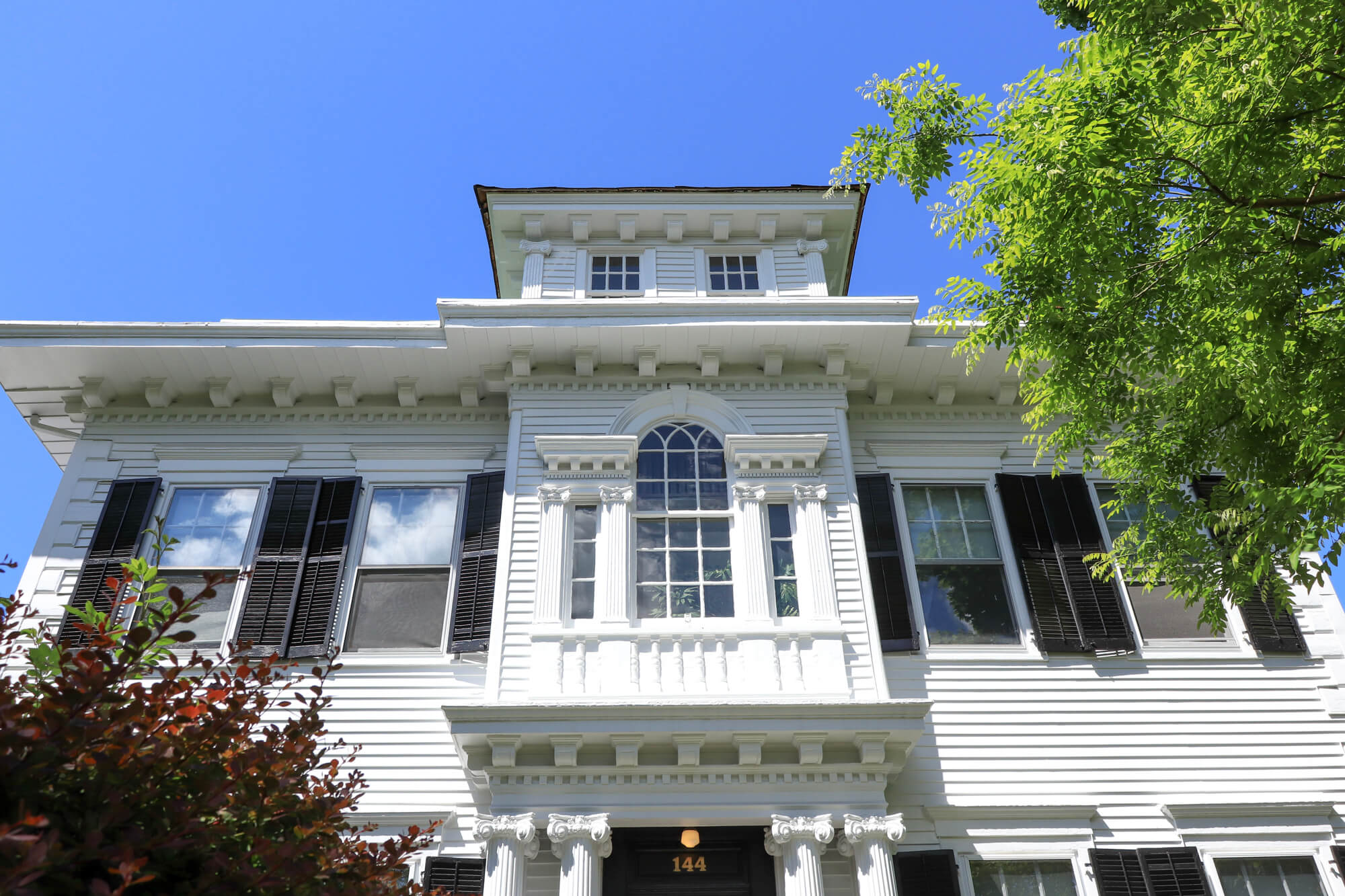
Another wrinkle: Rental properties with 10 or fewer units would be taxed at “residential” rates, meaning that hundreds (possibly thousands) of small rental buildings that have gone up throughout Williamsburg, Bushwick, Bed Stuy and Flatbush in recent years could see huge tax breaks. Also, the new system would not affect tax breaks developers already get under the state’s 421-a and other programs, potentially making property taxes on townhouses and co-ops far higher than taxes on investment rental properties and luxury condos.
Here are the report’s main recommendations:
1. The Commission recommends moving coops, condominiums and rental buildings with up to 10
units into a new residential class along with 1-3 family homes. The property tax system would
continue to consist of four classes of property: residential, large rentals, utilities, and commercial.
2. The Commission recommends using a sales-based methodology to value all properties in the residential class.
3. The Commission recommends assessing every property in the residential class at its full market value.
4. The Commission recommends that annual market value changes in the new residential class be
phased in over five years at a rate of 20% per year, and that Assessed Value Growth Caps should
be eliminated.
5. The Commission recommends creating a partial homestead exemption for primary resident
owners with income below a certain threshold. The exemption would be available to all eligible
primary resident owners in the residential class and would replace the current Coop-Condo Tax
Abatement.
6. The Commission recommends creating a circuit breaker within the property tax system to lower
the property tax burden on low-income primary resident owners, based on the ratio of property
tax paid to income.
The changes, if implemented, would, surprisingly, not bring in more revenue to the city to pay for, say, better schools, more affordable housing or any other city services, according to The New York Times. The paper predicts taxes would decrease on older single-family homes in Queens and increase for luxury mansions in Park Slope. Discussed for years but never implemented, any reform would have to be approved by the City Council, mayor, New York State legislature and the governor.
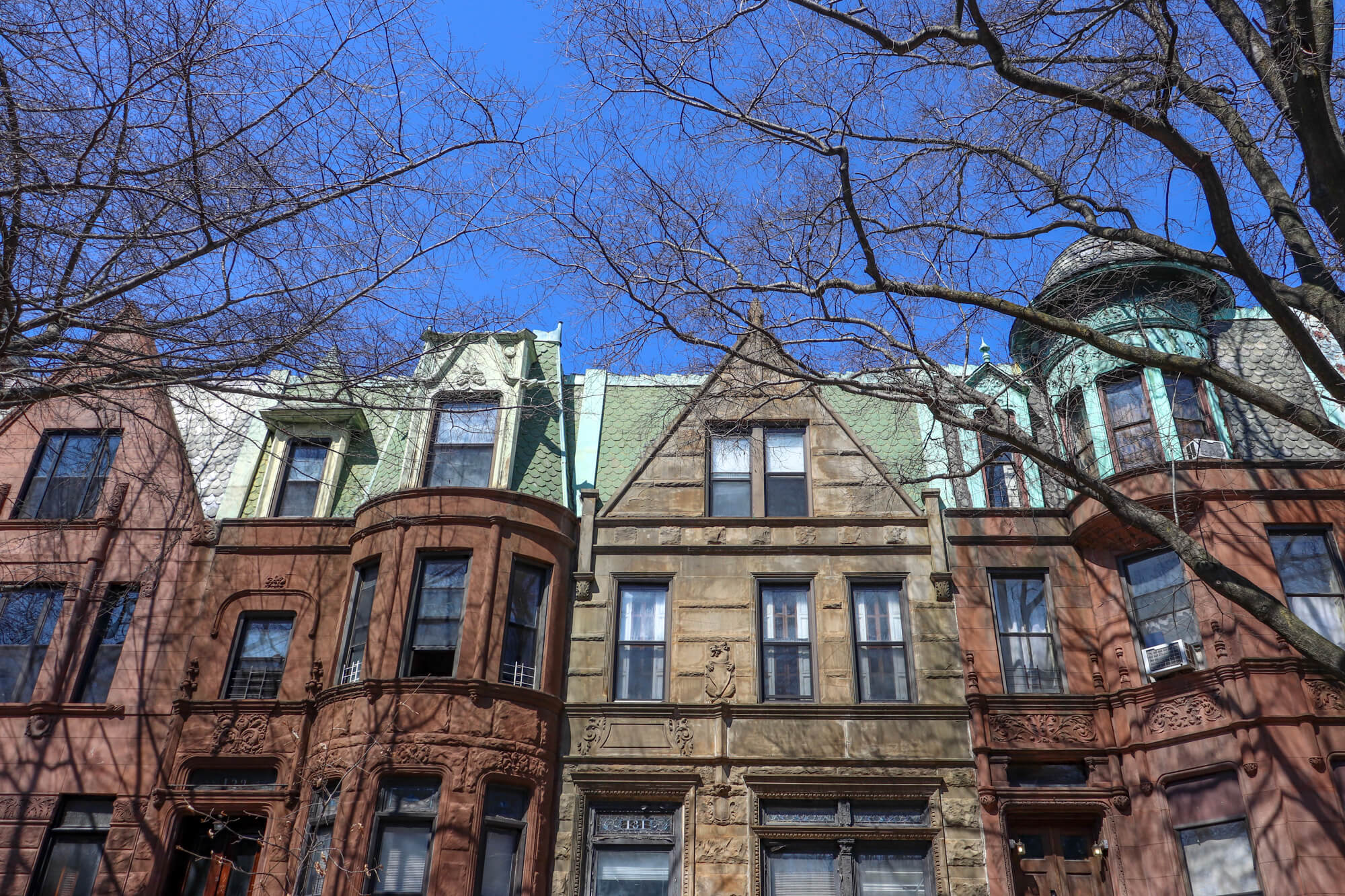
Although the rules of the system remain the same for now, the city has already been quietly raising townhouse taxes across Brooklyn. Assessed values have risen sharply in areas of Brooklyn where values have tripled since 2012 — but not accurately. For instance, in the eastern part of Bed Stuy, where home values are less than in prime blocks nearer to Clinton Hill, the city has assessed rows of dilapidated wood frame houses at the sales price of a just-flipped brownstone — that is, about $1.5 million when they are worth perhaps $800,000. The Department of Finance appears to be using the highest sale price in a category and applying it to all similarly sized homes in a neighborhood rather than, say, an average as they appear to have done in years past. With many homes selling for under $600,000 in foreclosure actions, an average would be much closer to less than $1 million.
The group will hold hearings in every borough to gather public opinion, and locals can submit testimony online at the Property Tax Commission website at by emailing proptaxinfo@propertytaxcommission.nyc.gov.
What do you think of the proposal?
Related Stories
- City Reveals Sweeping Plan to Make Bed Stuy More Affordable With Bed-Stuy Housing Initiative
- From Redlining to Predatory Lending: A Secret Economic History of Brooklyn
- Despite Building Boom, Housing in Brooklyn Is Not Getting More Affordable
Email tips@brownstoner.com with further comments, questions or tips. Follow Brownstoner on Twitter and Instagram, and like us on Facebook.

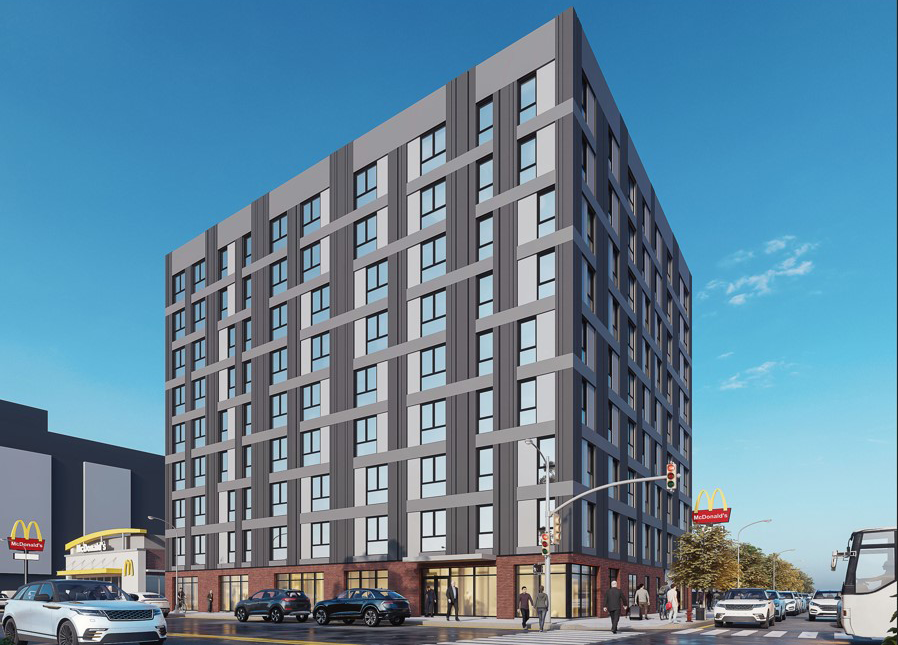
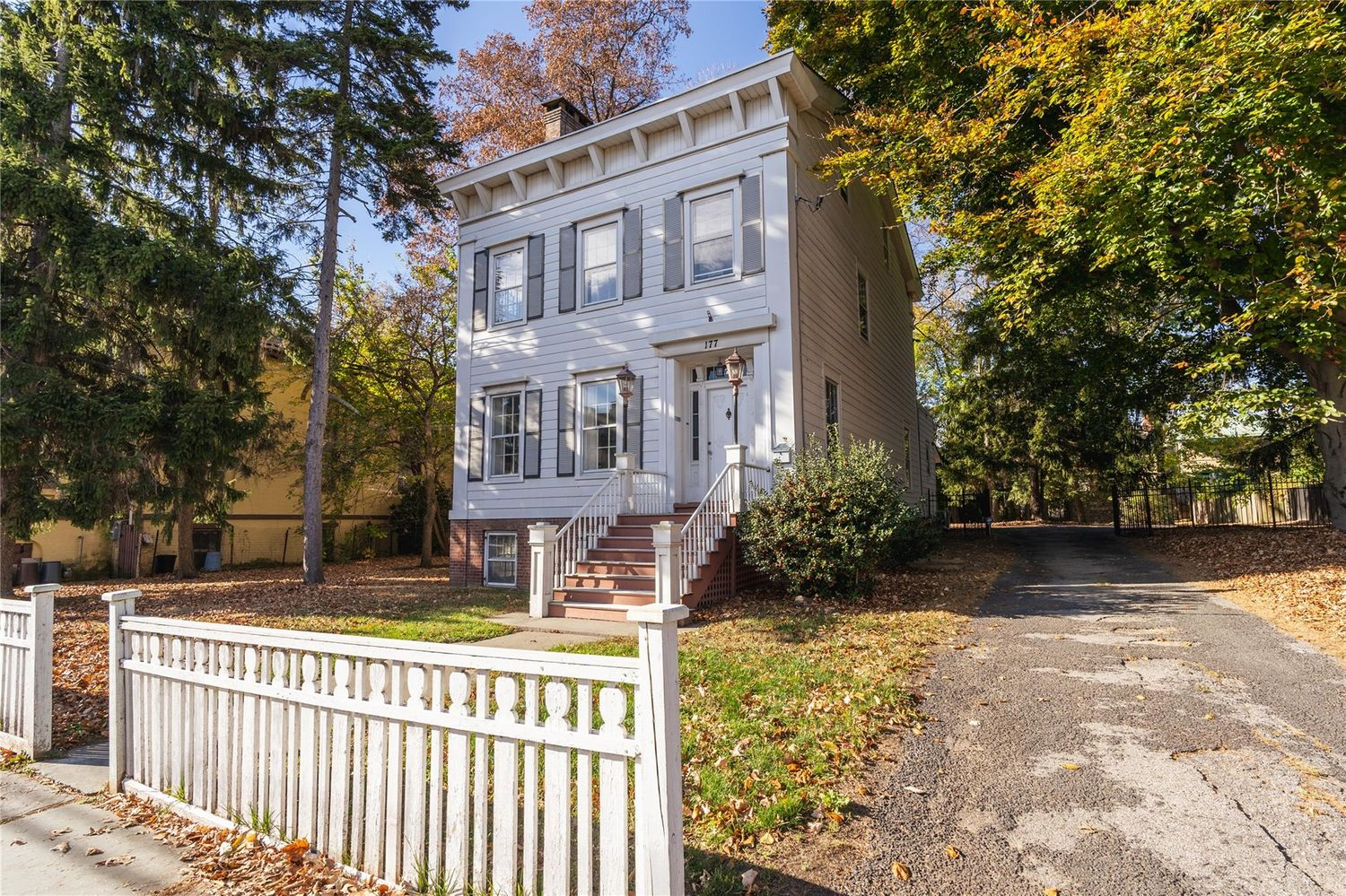
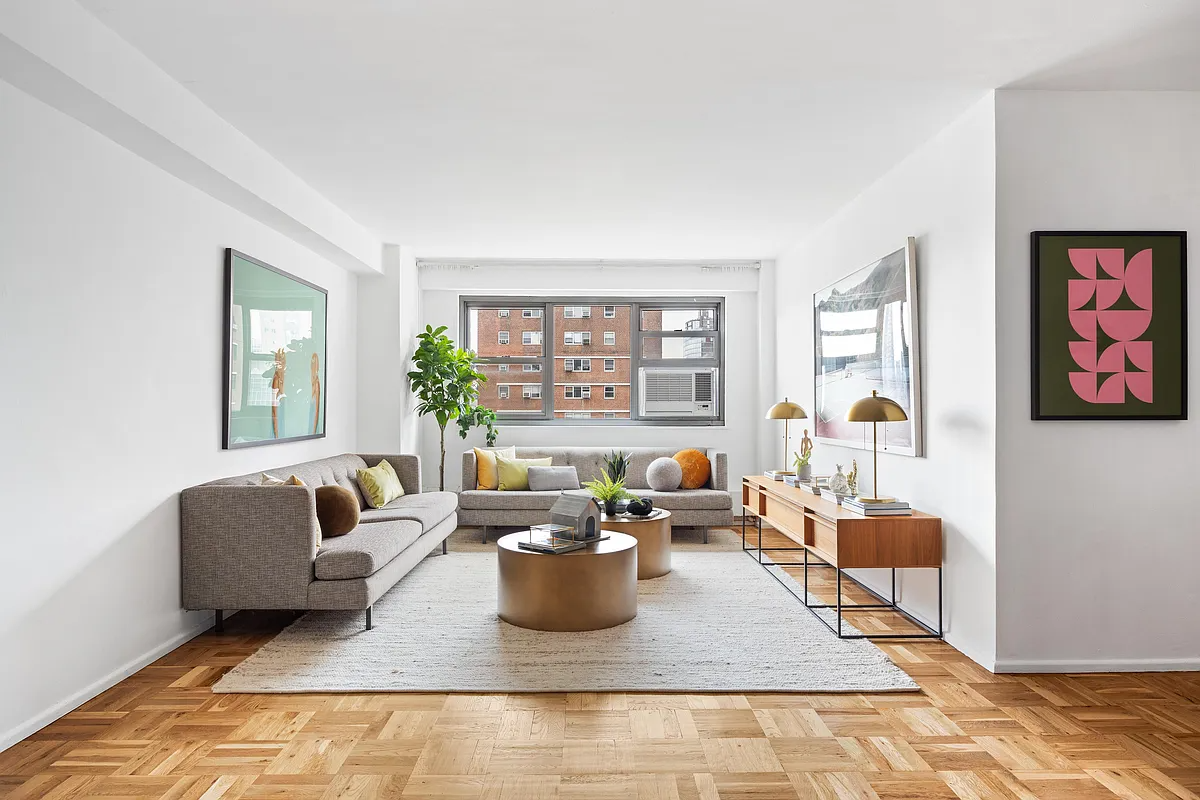





What's Your Take? Leave a Comment